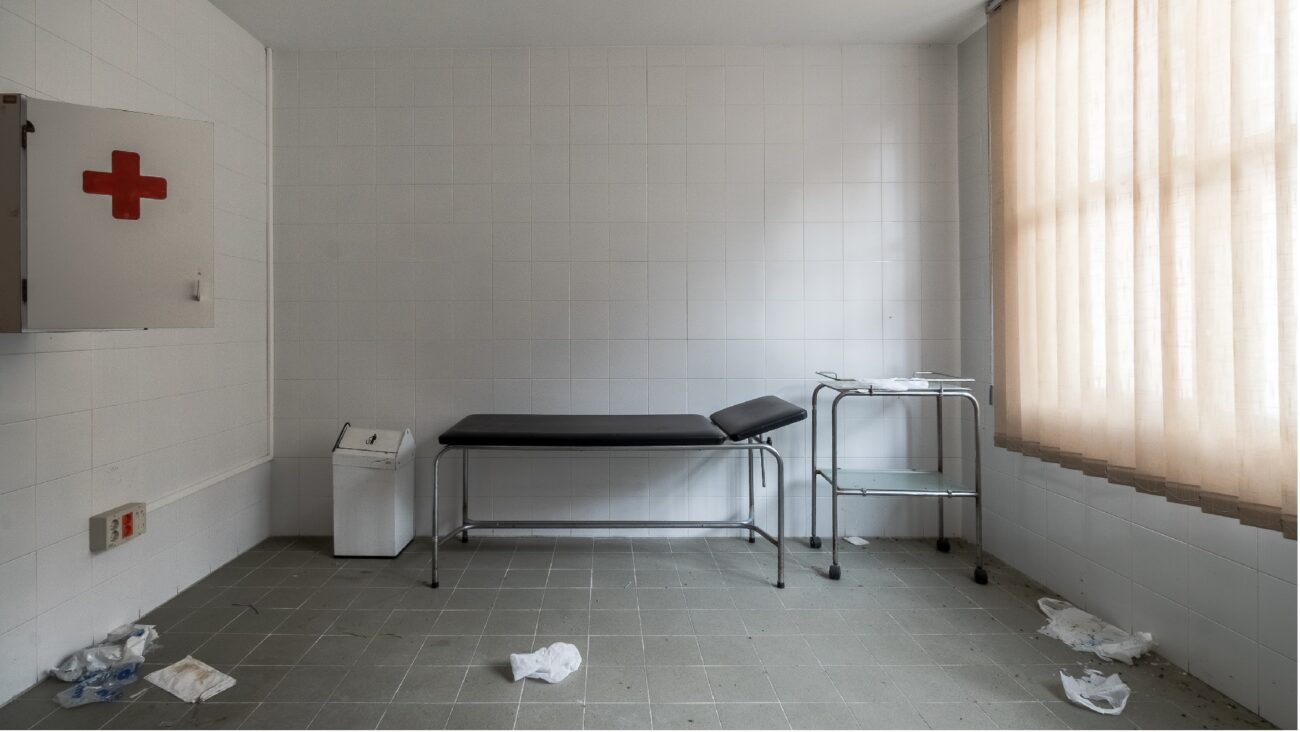Caribbean needs to spend more on healthcare—report
Coronavirus bares region’s glaring challenges
A recent report has revealed that the Caribbean needs to re-calibrate its healthcare priorities by securing more funding and learning how to spend resources better.
The report is published by the Organisation for Economic Co-operation and Development (OECD) – World Bank and is titled the Health at a Glance: Latin America & the Caribbean 2020, the first publication of the organisation that zeroes in on the region.
It says that total health expenditure across the Caribbean countries is on average 6.6% of their gross domestic product (GDP). This is lower compared to the 8.8% of other OECD countries. Spending varied from 1.1% in Venezuela to up to 11.7% in Cuba and 9.2% in Uruguay in 2017.
The report also shows that health systems in the region heavily rely on out-of-pocket expenditures or supplemental private insurance from households, with an average of 54.3% of total health spending for government spending and compulsory health insurance. Countries that have the highest private spending are Honduras, Haiti and Guatemala. Cuba and Costa Rica have the lowest.
Report Highlights
Healthcare in LAC have inadequate resources and capacity to combat COVID-19. Only Cuba, Argentina and Uruguay have more than two doctors per 1,000 population. Meanwhile, the average number of hospital beds in the Latin America and Caribbean region is 2.1 per 1,000 population, which is less than half of the OECD average of 4.7. Only Barbados, Cuba and Argentina have more hospital beds than the average. The one hospital bed per 1,000 population ratio is evident in Guatemala, Honduras, Haiti, Venezuela and Nicaragua.
Poor allocation of healthcare spending is delaying universal health coverage in the region. The report reveals that weak health information systems are a major challenge. In 22 countries, approximately 10% of all deaths are not reported in mortality databases. Moreover, according to the Global Corruption Barometer, 42% of respondents across 12 Latin America and the Caribbean countries believe that there was corruption in the health sector. There are also overlapping mechanisms of governance, and financing and service provision, which makes it hard to allocate resources in most countries.
Quality of care in the region is often subpar. According to the report, 12 out of the 33 countries fall short of attaining the minimum immunisation levels recommended by the WHO to prevent the spread of diphteria, tetanus and pertussis (90% of the target population) and 21 out of 33 fail to meet this target for measles (95% of the target population). This is a bad indication when it comes to distribution of the COVID-19 vaccine to the citizen.
The key critical risk factors for poor health. Obesity is concerning among kids and adolescents in the region. In adult men, the rate increases to over 53% and is more than 61% among adult women. Moreover, nearly one in four men and close to one in ten women aged 15 and above smoke daily. Alcohol consumption has also increased over the years.



